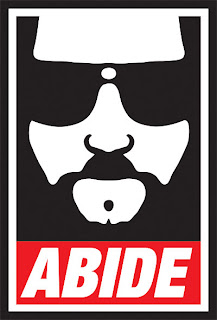Prozac Turns 20, Still Not Good For You
I was twelve or thirteen at the time, one of the first people under age 18 to be prescribed the "miracle" drug. By a lazy physician, urged by a parent who couldn't cope with the mood swings of a pubescent me. I was too young to be on an antidepressant. I didn't have a serotonin imbalance, so Prozac didn't do anything for me - unless you count about nine months of side effects with no improvement in mood. In fact, things got progressively worse.
That same physician later tried to get my mom to pay for a drug test he ran on me during one check-up when I was in a decent mood - as if he couldn't believe that such a mood was possible without chemical inducement. (There were chemicals at work, but they were hormones awakened by a make-out session with a girl the day before.) That's the last time I saw that doctor, but others followed in his unsure footsteps and continued to prescribe dangerous substances without concern for their long-term effects.
Of course, I was better off consuming the relatively useless Prozac than I was on the medication that followed, a form of Lithium that led to other, more severe mood and medical issues - including unpredictable toxicity in the bloodstream and, for me, DOZENS of kidney stones. Plus a whole lot of excruciating pain that came with those stones, complications from other medications, and so on.
Moral of my story: Prozac is neither a status symbol nor a magic bullet for "bad" thoughts. Don't give antidepressants to kids who are just going through puberty; you could seriously screw up their bodies in ways you can't imagine.
To commemorate the anniversary, I felt the need to relate my experience with the drug before I showed you to this: Guardian Unlimited's Anna Moore gives us "20 things you need to know about the most widely used antidepressant in the world.
[via BoingBoing, via MindHacks]


